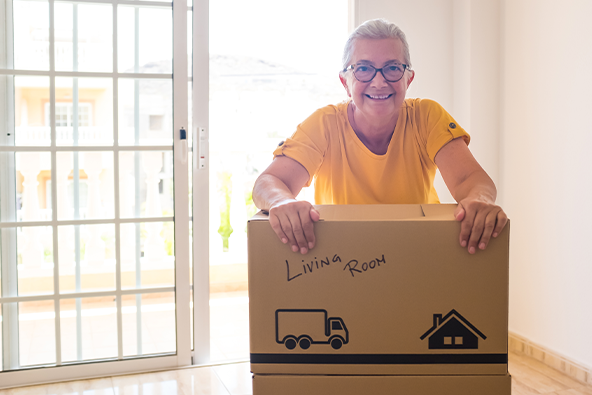Medicaid is a federally funded program that each state administers and offers assistance to the elderly, those with disabilities, and low-income people. If you or an elderly loved one are on Medicaid, there are certain regulations that must be adhered to. One of them has to do with income and assets. At the same time, you may be in a situation where you need to start looking at the possibility of selling your home in order to pay bills. Many people who are on Medicaid are forced to sell their homes in order to pay their costs. This is permitted as long as the money is used to pay off debts such as a mortgage, auto payments, or medical expenditures. You should get the help of an elder law attorney in New Hampshire before acting, however. In the meantime, here is what you should know about how selling your house may affect your Medicaid benefits.
Pay Attention to Your Assets
If the proceeds from the sale raise your assets beyond your state’s Medicaid asset level, you may be disqualified from receiving Medicaid. “Assets” refers to any liquid assets, such as cash or equities, for the purposes of the asset threshold.
In most jurisdictions, the barrier is a mere $2,000, thus selling a home will almost always put you well over the limit.
You can still qualify for Medicaid provided your total countable assets stay below your state’s criteria, which in most cases is merely $2,000 in most cases. Primary houses are deemed exempt assets, therefore purchasing a new home may be a viable alternative. However, if the purpose of selling the house is to free up cash, then buying another house may not serve your needs.
Consider Spending Down Assets
If your assets surpass the asset restriction, you can “spend down” your assets to go back below the limit and re-qualify. There is no penalty period that prevents you from getting Medicaid coverage if you spend down your assets utilizing approved spending. Simply reduce your countable assets down below the threshold and resubmit. Paying down credit cards, your remaining mortgage balance, medical expenses, auto payments, and other debts are all eligible spend-down choices. If you or your loved one are moving into a care facility, you could use the assets from the sale of the home and spend down the assets by paying your care facility fees ahead of time.
Rules For Selling a House While on Medicaid
Medicaid is designed to separate “countable” from “non-countable” assets. Because the value of your principal house does not count against your asset limit, it is called a non-countable asset. If you leave the house and it is no longer your primary abode, however, it becomes a taxable asset. As a result, you may be ruled ineligible for Medicaid before ever selling your property.
As you can see, the rules for selling a home while receiving Medicaid are complicated. That’s why it’s highly recommended that you enlist the services of an elder law attorney, such as Beasley & Ferber. Contact us today for help.





